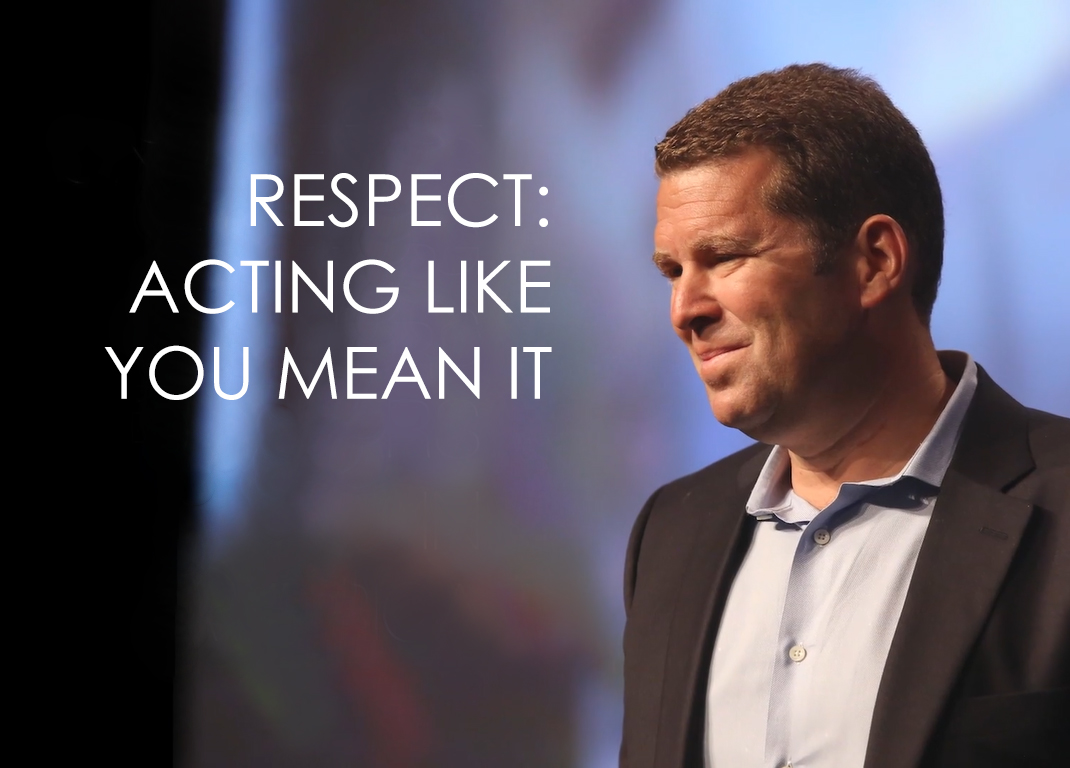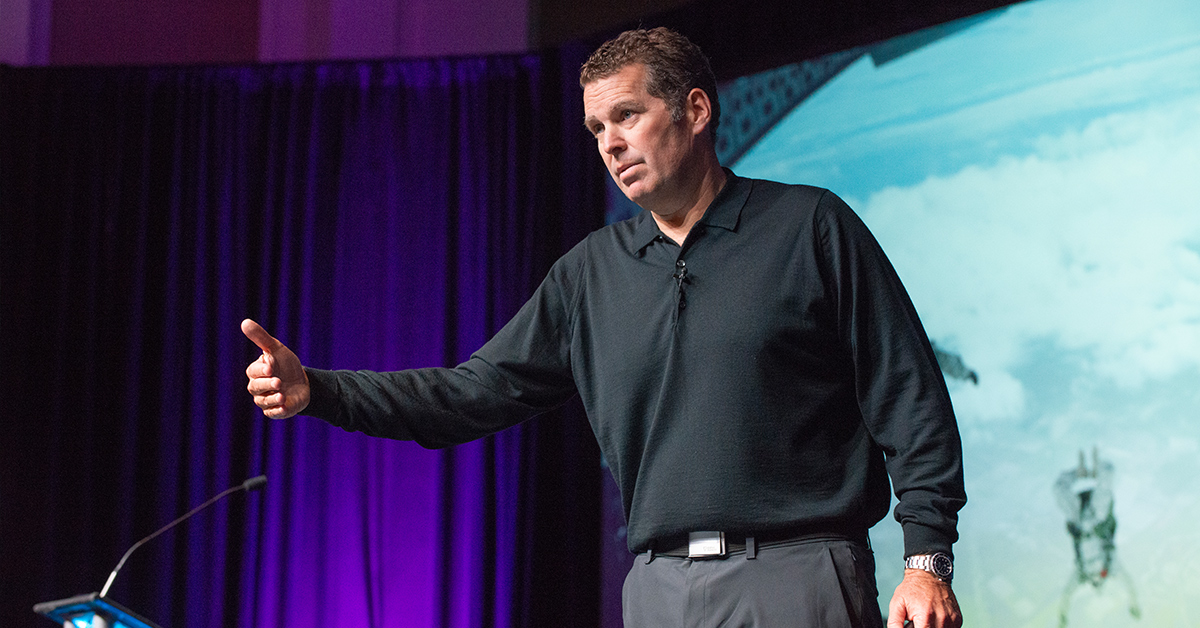Being the boss, having an impressive title, and sitting at the top of the organizational chart will gain you only a thin veneer of respect from the members of your team. If your actions do not support your position of authority, you will be ineffective as a leader.
If you really want to be someone whom other people are willing to follow, you must be willing to let go of your own insecurities and fears. The respect you expect to receive from your team depends on your showing respect for them too. You must recognize your own limitations with an open heart while celebrating your team’s contributions wholeheartedly.
Creating an Environment of Mutual Respect
A team leader’s responsibility is not only to build trust and set direction, but also to create an environment of mutual respect, so teammates feel free to voice their opinions, debate options, and ultimately take actions without fear of ridicule. This is where the leader’s true power and authority come from.
As a leader, it can be challenging not to take yourself too seriously and not to be blinded by ambition and power. Every leader, every human being, is susceptible to these temptations. However, great leaders find ways to keep these drives and urges in check, to not fall victim to disrespectful comments or actions that make them look good at the expense of their team.
I know because I’ve been there too. We are prone to lashing out in an uncaring, disrespectful manner when we feel threatened or unsure of ourselves—exactly the kind of situation that unstoppable teams find themselves in all the time. We react too quickly and too sharply, or we jump to conclusions, allowing our emotions to take control, or we simply stop listening to what others are saying.
Managing Your Emotions
Leading a team can be stressful, and when under pressure, we may act in ways that make matters worse, triggering negative responses in others rather than defusing tense moments and building mutual respect. Leaders can be constant sources of strength for their teams or their teams’ worst enemies. We have our emotions to thank for both of those outcomes. As neuroscience shows, our emotions can overwhelm us in ways both positive and negative, especially so when your team gives you bad news or the smell of failure is in the air.
Here’s one technique I’ve used to help me manage my emotions and avoid heat-of-the moment reactions. I force myself to stop talking, stand tall, and take three deep, controlled breaths. I breathe in for three seconds, hold for three seconds, and exhale for three seconds, asking a question at the end of each breath. I do not respond until I have heard the answers to these three questions. Sometimes I put these questions to myself; sometimes, to those around me; sometimes both:
- What happened?
- What were you trying to achieve?
- What are you going to do about it?
Remember, your team’s personality is a reflection of the team leader’s personality. If you allow your emotions to cloud your judgment, if you snap back without first seeking to understand the whole picture, you are setting the wrong mood. By remaining calm (that’s what deep breathing can help you with) and by asking questions to help you understand what’s going on, what challenges the team faces—what negative emotions and fears they may be confronting—you will help the team feel respected, and they will feel safe enough to share vital information with you that may save your mission from failure.
As the leader, your actions are always under review; you are constantly being observed by your teammates. How you handle yourself during the most trying times (failure, a great struggle, or both) is the measure of your leadership. When in doubt: breathe, ask, and repeat!
Learn More About Building Unstoppable Teams
Unstoppable Teams: The Four Essential Actions of High-Performance Leadership
Unstoppable Teams is the handbook for how to build care-based teams that will push people to achieve more than they ever thought possible.





